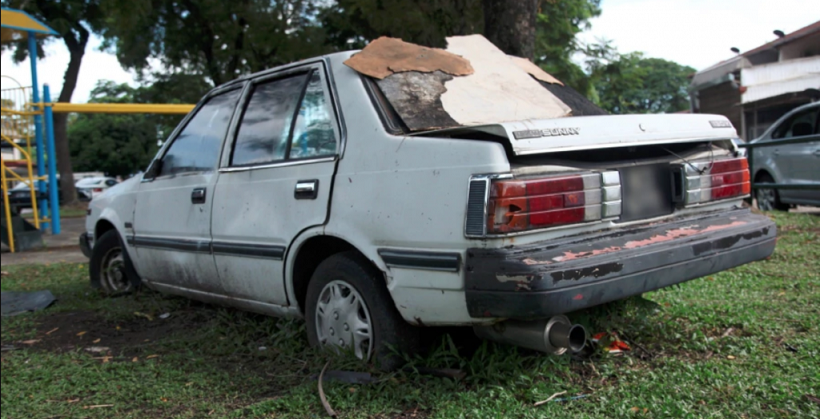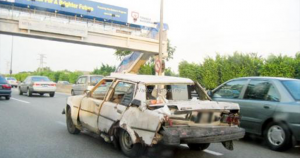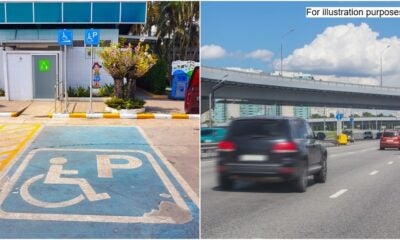You’ve probably heard the saying that a car starts to depreciate in value from the moment you start its engine for the first time. In Malaysia, a car will lose an average of 10-20 per cent of its value each year! Just imagine, by the time you’re done paying off the loan you took for it, the car won’t even be worth that much! Although that might be considered a speedy depreciation, did you know there are some factors that will depreciate its value even more?
If you’re looking to trade in your Old Trusty for something newer, here are 10 factors you need to take note of that affects your car’s resale value:
1. The colour of the paint

Source: education malaysia
You might think you were trying to stand out by getting that bright purple car, but not everyone thinks that way. Generally, cars with basic colours like white, grey, black and silver tend to fair better in the secondhand market – particularly if it’s the metallic versions of these colours. Bright and flashy colours like purple, green and so on are generally more difficult to sell and results in owners lowering the price just to get them off their hands.
2. Features and modifications
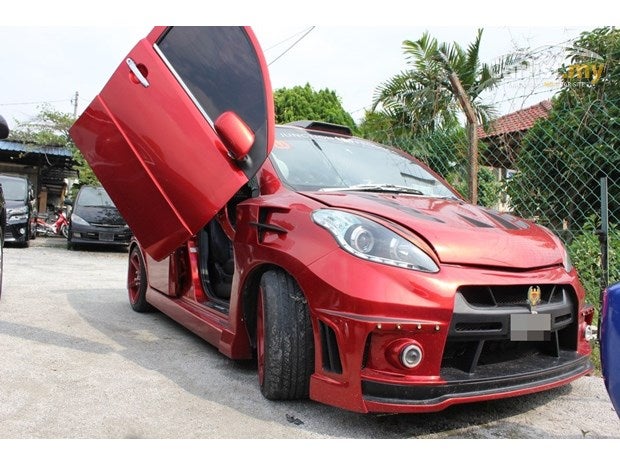
Source: lowyat
As Malaysians, we like to put a personal touch to our cars to make it our own. If you’ve never had the car ceiling tissue box holder at some point, you’re lying lah okay? However, major modifications to the internal features and body of the car could affect its resale value – sometimes for the worst! Tinting, leather seats and additional security features are a big plus point as it improves the car and the overall driving experience.
However, modifications like massive rear wings, lowering the car, flamboyant body kits and neon lights often bring a negative impact instead as it makes the car unattractive, voids warranty or causes the car to become more difficult to drive.
3. Mileage
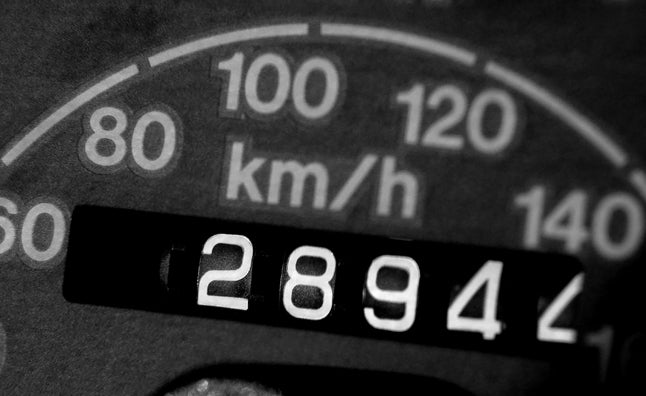
Source: autoguide
A car’s mileage is the measure of how far it has travelled. The further a car has travelled, the lower the resale value of said car. That’s because a car with a higher mileage is naturally perceived to have gone through more wear and tear than a car with a lower mileage – even if the latter is an older car!
4. Quality of after-sales service
If the car you’re selling is still under warranty, potential buyers will also take into consideration how good (or bad!) the quality of your service centre is before agreeing to take the vehicle off your hands. Although this isn’t really your fault, an unhelpful and inefficient service centre could affect the price potential buyers are willing to pay as they would have to deal with these inefficiencies later on.
5. Servicing maintenance records
This probably goes without saying but a well-maintained car – on the inside and out – will naturally fetch a better price. Having your car regularly serviced through dealership service centres or authorised agents can positively affect its resale value. This is because potential buyers are able to track the car’s past and current conditions from a trustworthy source as well as have proof of regular maintenance.
6. Exterior maintenance
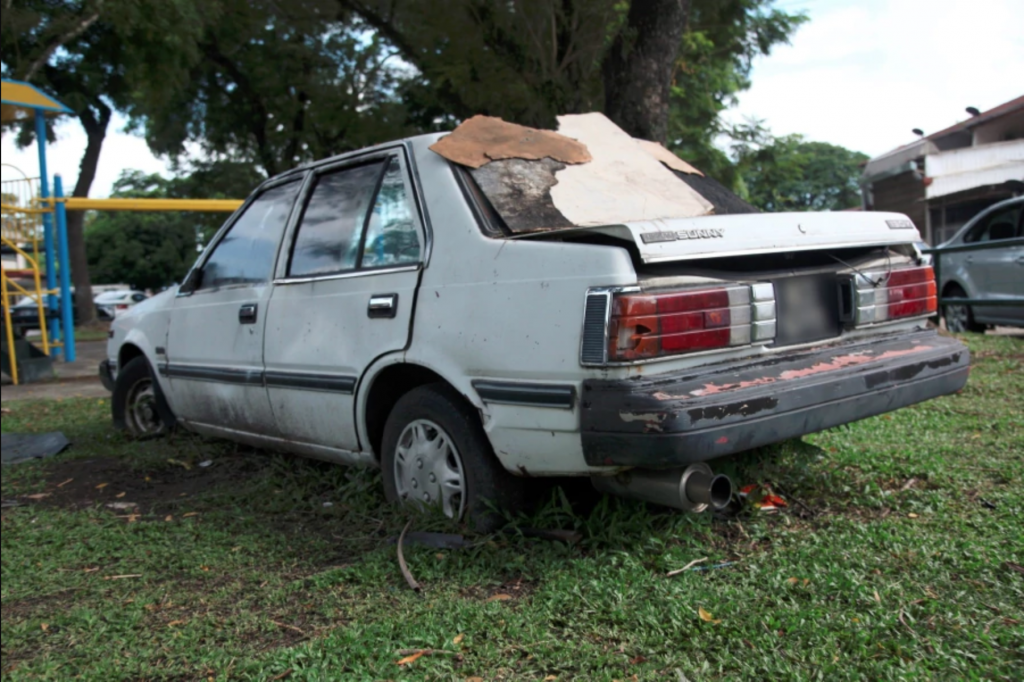
Source: nst
As much as we shouldn’t judge a car’s ability to perform by its kolot–ness, having pieces of your car falling apart isn’t exactly reassuring to how well the car has been maintained. Not only that, scratches and scrapes may look superficial but could ultimately lead to rusting and serious damage to the body of the car. This will significantly affect the value of your car as potential buyers will take into consideration how much they would have to invest to fix it up on their own.
7. The number of accidents and repairs
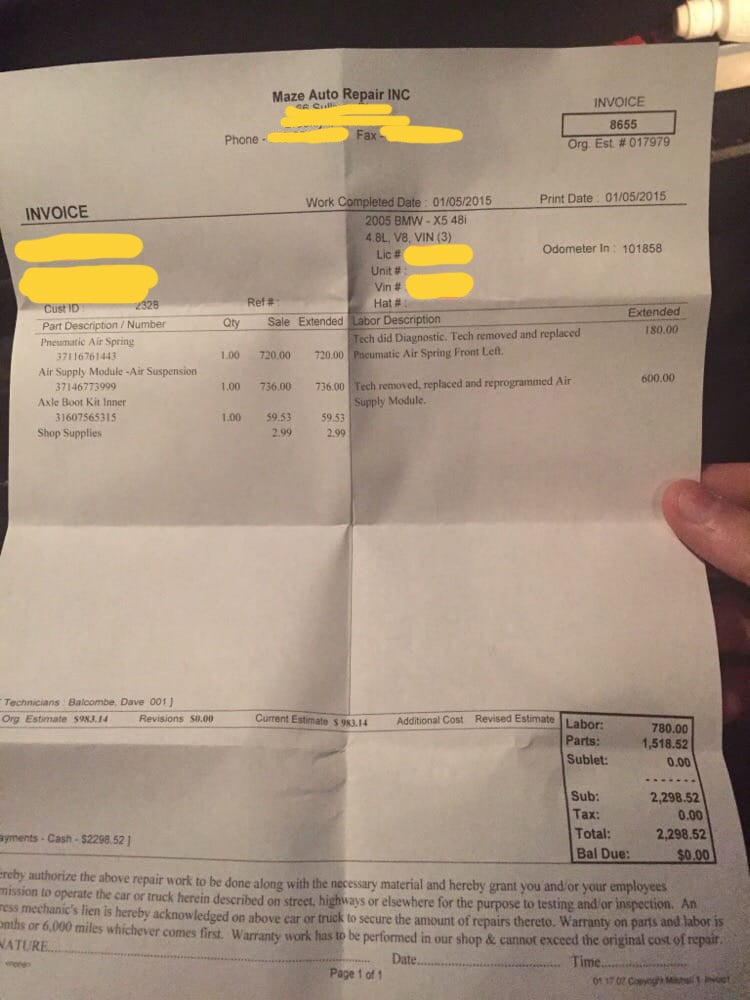
Source: yelp
What can we say, accidents will happen. Unfortunately, how often and how major the accidents were will greatly affect the resale value of your vehicle. A proper detailed record of what was repaired and how thoroughly it was fixed, however, may help to reduce the loss in the resale value.
8. The age of your car
This is probably one of the most important factors to take into consideration when selling or buying a secondhand car. Older cars generally reduce in resale value, with the exception of vintage or collector’s edition vehicles.
Cars aged between nine and twelve years or older could also face potential loan issues due to higher interest rates or a smaller margin. Besides that, potential buyers would consider how much they would have to invest to repair the parts due to the wear and tear that comes with an aged car.
9. Supply and demand of the car model
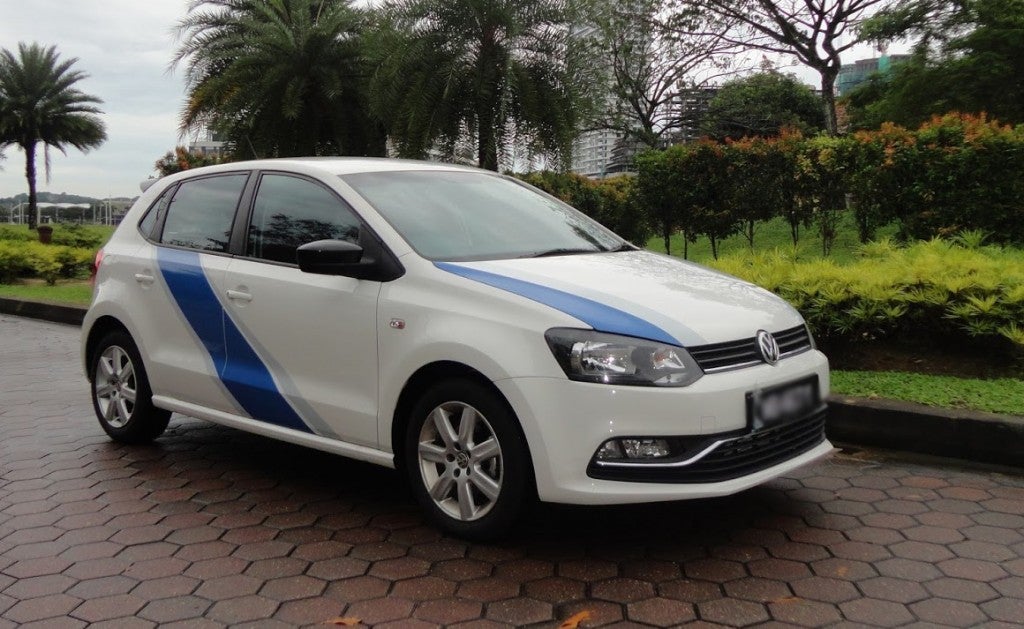
Source: motoring malaysia
According to basic economics, a lower supply of something equates to a higher demand. It all has to do with the feeling of exclusivity and owning something that’s considered to be ‘limited edition’. Same goes for cars. If the particular model of your car was manufactured in limited amounts, it may fetch you a higher price in the secondhand market.
10. The model of your car
In Malaysia, Asian brands like Toyota, Perodua and Honda tend to fare best. Continental cars on the other hand like BMW, Audi and Porsche tend to fetch a poor price in the secondhand market. Of course, this could be attributed to the expensive car parts and servicing fees that will cost you an arm.
And that’s it! Of course, all this information is most useful when you’re first buying your car. Let’s be real, no one buys a car with the intention to keep it for forever right? So be sure to keep these factors in mind the next time you’re deciding on a sweet new ride!
ALSO READ: 8 Signs Malaysians Should Really Change Their ‘Kolot’ Car

